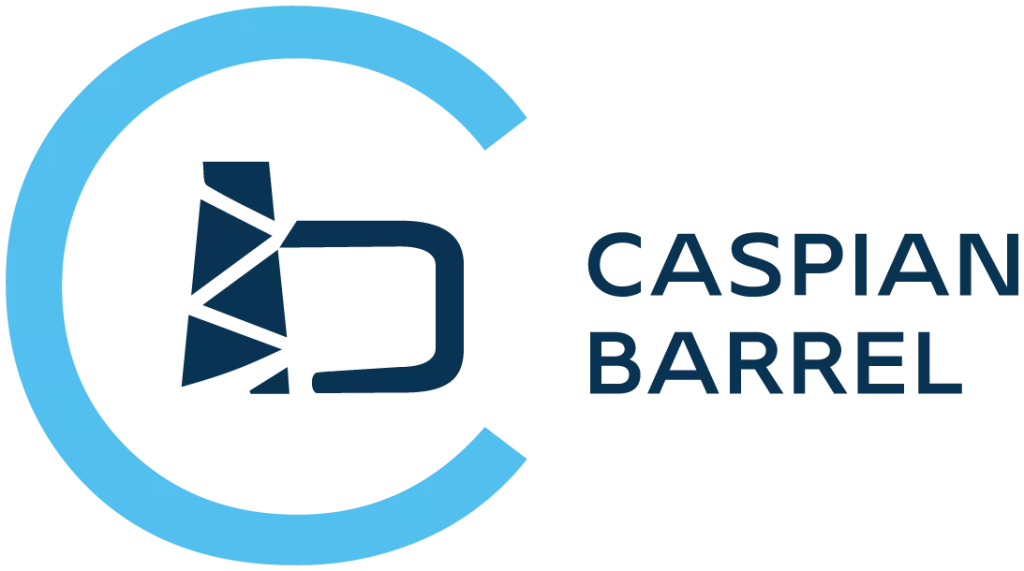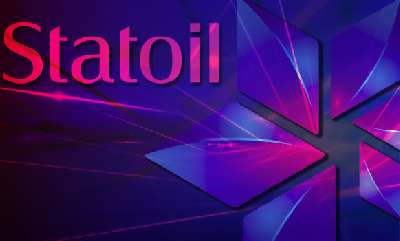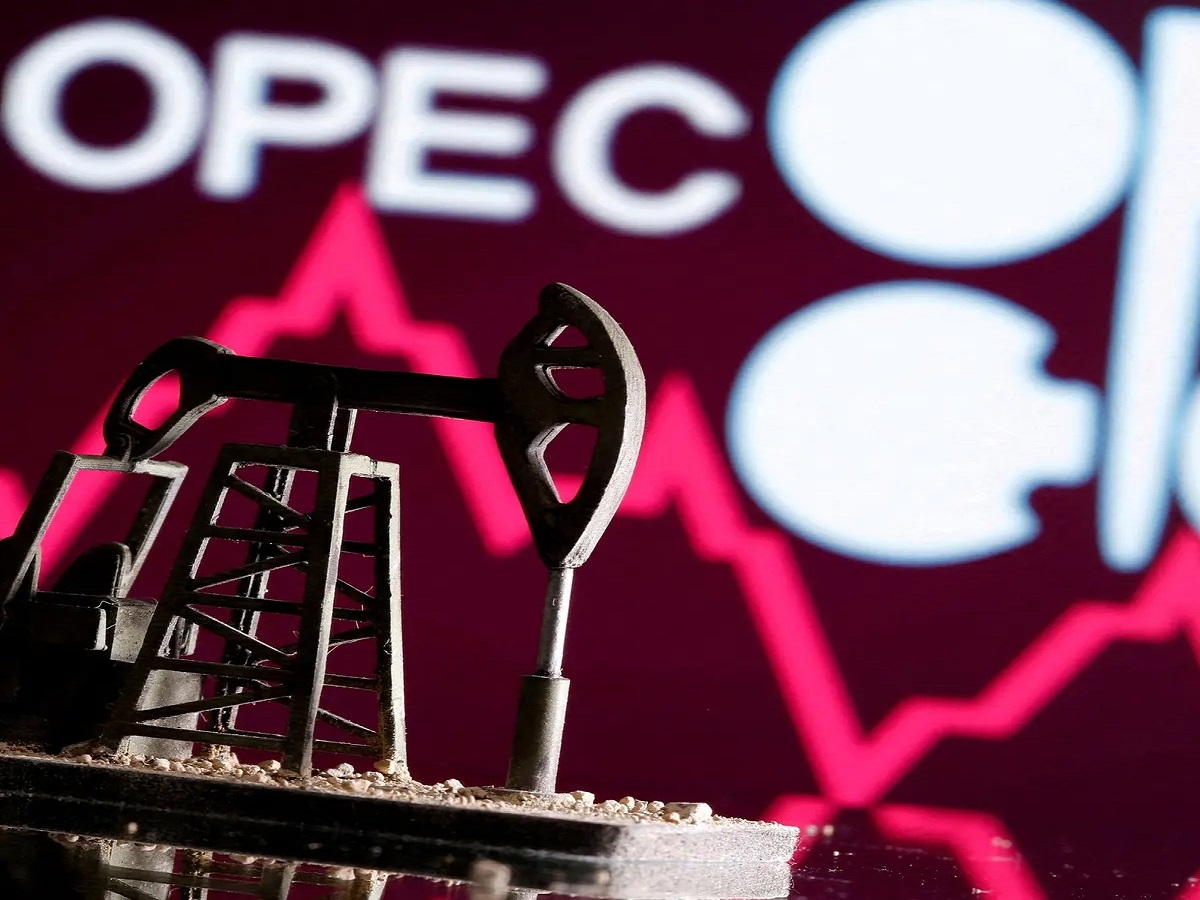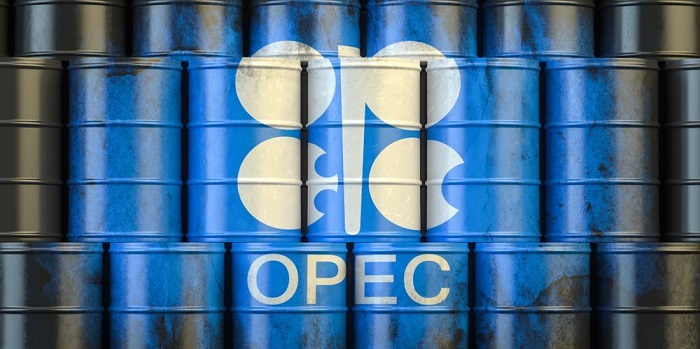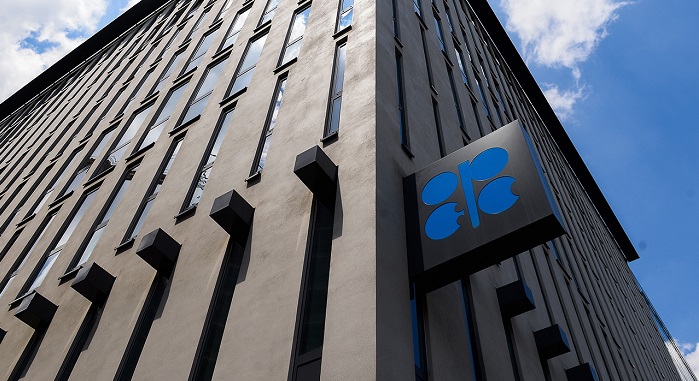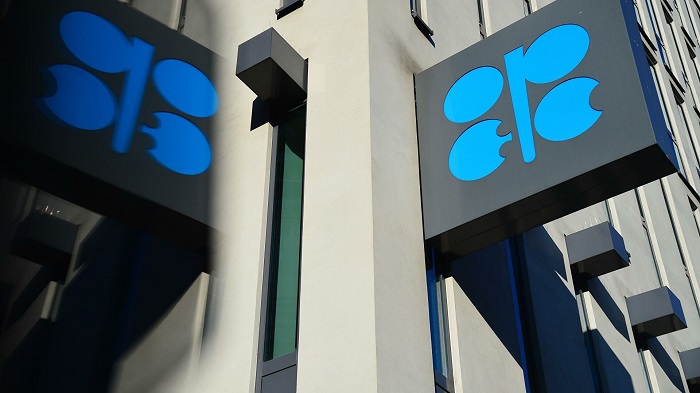Norway’s Statoil will raise its dividend, investments and exploration spending in 2018, it said on Wednesday, after higher oil prices helped it beat fourth-quarter earnings forecasts.
 Like other oil companies, Statoil is also benefiting from efficiencies it pushed through during the sector’s downturn, when firms were forced to slash jobs, projects and investment. Its flagship project, the development of the Johan Sverdrup oilfield in the North Sea, now has a break-even price so low it challenges the efficiency of OPEC countries, said one analyst.
Like other oil companies, Statoil is also benefiting from efficiencies it pushed through during the sector’s downturn, when firms were forced to slash jobs, projects and investment. Its flagship project, the development of the Johan Sverdrup oilfield in the North Sea, now has a break-even price so low it challenges the efficiency of OPEC countries, said one analyst.
“I believe we used the downturn well, but the real test begins now as oil prices start recovering,” Chief Executive Eldar Saetre told analysts and journalists.
It is also the first European oil major planning to raise payments of full cash dividends since the downturn, saying it would propose increasing its dividend by 4.5 percent to $0.23 per share for the fourth quarter of 2017.
Its adjusted operating profit for the October-December quarter more than doubled to $3.96 billion and beat the $3.81 billion expected by analysts in a Reuters poll.
Statoil said it would increase its capital expenditure this year to $11 billion from $9.4 billion last year and lift exploration spending to $1.5 billion from the $1.3 billion it had planned to spend in 2017. The company now expects to generate a positive free cash flow even at oil prices below $50 per barrel, and said current price projections could help it generate as much as $12 billion in cash between 2018 and 2020.
Saetre said there was scope for share buybacks but the near-term priority was to strengthen the company’s financial position.
Challenging OPEC
 The Johan Sverdrup field, with up to 3.1 billion barrels of recoverable oil, now has a break-even price below $15 per barrel for the first phase, and $20 for the whole project, following efficiency savings and due to a slight increase in the estimated size of the field, Statoil said.
The Johan Sverdrup field, with up to 3.1 billion barrels of recoverable oil, now has a break-even price below $15 per barrel for the first phase, and $20 for the whole project, following efficiency savings and due to a slight increase in the estimated size of the field, Statoil said.
That is down from a first phase break-even price of below $20 per barrel and $25 for the whole project seen last year by Statoil and partners Lundin Petroleum, Aker BP and Maersk Oil, recently acquired by Total.
“We view the Sverdrup project as a milestone in terms of application of new technologies and cost management, OPEC is being challenged in terms of the break-even price of production not just by U.S. shale oil, but also by the North Sea,” said Olivier Jakob, analyst at Petromatrix.
Talking about all projects, Saetre said Statoil would continue to pursue further reduction in project development costs. Still, the company did not set an efficiency cost target like it did last year.
Statoil shares were up 3.2 percent at 1205 GMT, making them the best performers on the European Oil and Gas Index, which was 1.3 percent higher.
